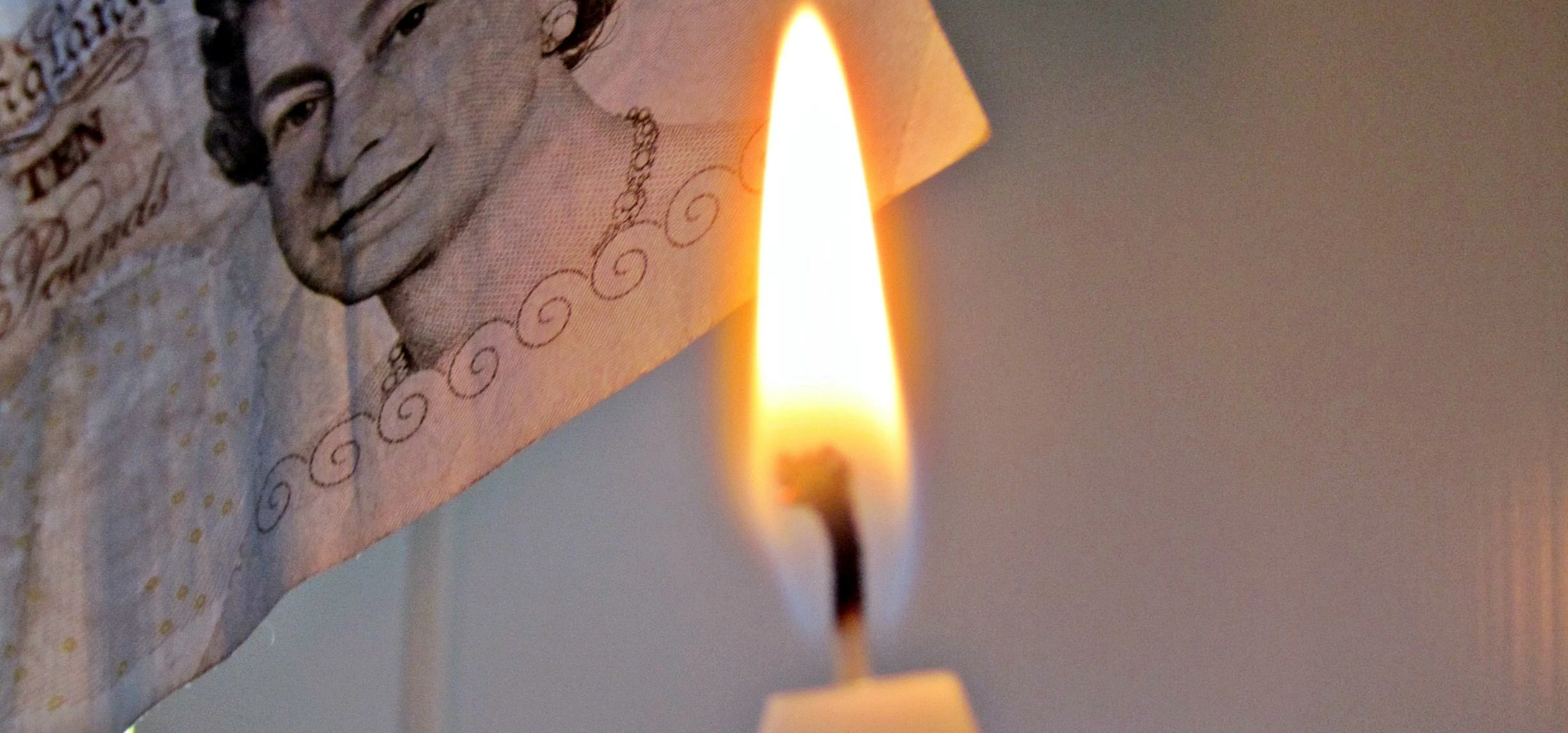
Partner Article
Inflation leaves renters £1000 out of pocket
• Anti-deposit campaigner: “In 97% of cases landlords and letting agents return deposits to their tenants untouched, but inflation means the cash they get handed back isn’t worth the same as the cash they handed over.“
Renters are being left as much as £420 out of pocket by their tenancy deposits – even in the 97% of cases when they are returned to them untouched.
New research from sales and lettings firm KIS and deposit-free renting solution Dlighted shows the impact of inflation on the value of deposits when they are returned to renters at the end of their tenancy.
With the cost of living currently rising 1.6% a year in the UK a national average tenancy deposit of £1169 will be worth £19 a year less in real terms at the end of a standard two-year tenancy – a loss of £38 to the renter.
Londoners are left worst off, with their deposit of £2499 losing £76 in value over the course of a two-year tenancy.
With the average person buying their first property at the age of 31 an average renter stands to lose the equivalent of £204 from the value of their deposit before becoming a home owner – rising to £420 in London.
Deposits in KIS’ native North East are currently losing £13 of value a year, with renters in the region standing to lose £124 over the course of a decade.
The same amount of money invested instead in a saving account at an annual interest rate of 3% meanwhile would have earned an average renter £355 in the same period - £670 in London and £246 in the North East.
This would mean a London renter losing out on £1090.
Anti-deposits campaigner Ajay Jagota from KIS and Dlighted responded to the figures.
He said: “In 97% of cases landlords and letting agents return deposits to their tenants untouched, but inflation means the cash they get handed back isn’t worth the same as the cash they handed over.
“That might only mean renters losing a few pounds a year – but over the course of the decade the majority of people live in privately-rented housing it all adds up. And when you compare those loses to the money they would have earned by investing that money in a modest savings account they’re left hundreds of pounds worse off – or in the case of Londoners, thousands of pounds worse off.
“Our estimates are of course a little rough as without a crystal ball we’re working on unlikely premise that rents continuing to rise at their current rate of 3% a year and inflation staying unchanged for the next decade – but the point stands.
“When more than nine out of ten deposits end up being utterly unnecessary, what is the point of them, especially when they’re costing faultless renters a considerable amount of cash.”
This was posted in Bdaily's Members' News section by Ajay Jagota .
Enjoy the read? Get Bdaily delivered.
Sign up to receive our daily bulletin, sent to your inbox, for free.








 £100,000 milestone drives forward STEM work
£100,000 milestone drives forward STEM work
 Restoring confidence for the economic road ahead
Restoring confidence for the economic road ahead
 Ready to scale? Buy-and-build offers opportunity
Ready to scale? Buy-and-build offers opportunity
 When will our regional economy grow?
When will our regional economy grow?
 Creating a thriving North East construction sector
Creating a thriving North East construction sector
 Why investors are still backing the North East
Why investors are still backing the North East
 Time to stop risking Britain’s family businesses
Time to stop risking Britain’s family businesses
 A year of growth, collaboration and impact
A year of growth, collaboration and impact
 2000 reasons for North East business positivity
2000 reasons for North East business positivity
 How to make your growth strategy deliver in 2026
How to make your growth strategy deliver in 2026
 Powering a new wave of regional screen indies
Powering a new wave of regional screen indies
 A new year and a new outlook for property scene
A new year and a new outlook for property scene